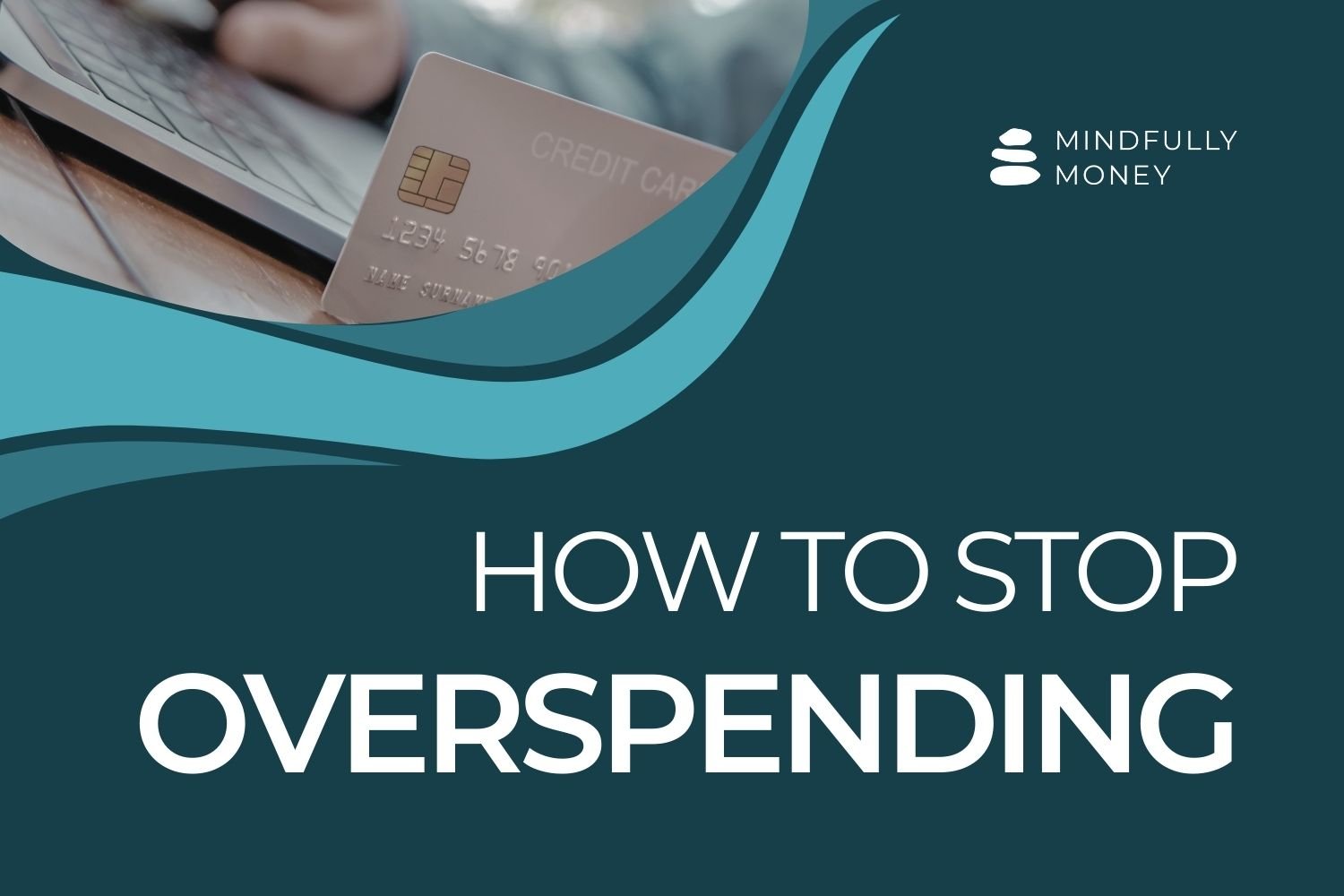Should You Choose a High Deductible Health Plan?
Ever wondered if you should sign up for a high deductible health plan? Choosing the right health insurance policy for you and your family can be confusing. Health insurance plans aren’t exactly designed for ease of use and understanding.
To help you decide, I want to back up and talk about what insurance is designed to do and then we’ll get into the specifics of different types of plans.
What is insurance?
Insurance is a tool for risk management. In life, we experience a number of risks. Every day we get in the car we risk getting into a car accident. People who work in dangerous jobs risk getting injured and not being able to work. We risk catastrophic medical conditions that we may or may not be able to cover financially.
We can respond to risks in a number of ways.
We can eliminate a risk by not engaging in a dangerous activity (such as choosing not to go skydiving or ride a motorcycle without any protective gear).
We can lessen a risk (stop smoking, wear a helmet, eat a healthy diet and exercise).
We can accept the cost of a risk (choosing to save for the possibility of needing long term health care).
Or we can transfer the risk by buying insurance.
All health insurance is a combination of accepting the risk and transferring the risk. You are accepting risk by paying co-pays and deductibles and transferring the rest to an insurance company.
The more risk you transfer to an insurance company, the more you pay for the coverage.
A “regular” health insurance policy costs more because you are transferring more of the risk to the insurer. A high deductible plan is less expensive because you are keeping more of the risk. You are accepting that you might have to pay more personally. The responsibility for paying more of your medical costs is on you.
This is why high deductible plans come with (or allow you to open) HSAs (health savings accounts). The idea is that you will save money in your HSA to pay for the higher deductible amounts. When you have a high deductible plan, it is absolutely critical to save enough to cover the maximum out-of-pocket amount.
How does a high deductible plan work?
Thanks to the Affordable Care Act, preventive services are 100% covered with high deductible health plans. For everything else, you will pay 100% of the bills until you reach the deductible. Plans will also specify an out-of-pocket maximum, which would be the most you would pay for medical expenses in a given year.
If you do not have enough money saved to pay the out-of-pocket maximum, you could end up with debilitating debt and have to pay extra in interest.
A high deductible health plan makes you eligible for a health savings account (HSA) where you can save pre-tax money that will grow tax-free and can be used for health expenses without being taxed. This tax advantage is pretty significant, leading many people to put extra money in an HSA for retirement.
Related: What is an HSA and Should I Get One?
Advantages of a High Deductible Health Plan:
Lower premiums
Access to the tax benefits of an HSA
Potential savings for those who have low healthcare expenses
Money in an HSA stays with you and can be used in retirement if not already used
Disadvantages of a High Deductible Health Plan:
Higher up-front medical costs
Need to ensure that you have enough savings to cover potential medical costs
Potentially doesn’t save you money if you incur more medical expenses
If you are in a lower tax bracket, the tax savings might not be significant.
You might be tempted to not get the care you need in the interest of saving money.
Who should get a high deductible health plan?
Generally, those who are younger and healthier with low healthcare costs are more likely to benefit from a high deductible plan. Of course, nobody can predict the future, so it is difficult to tell with absolute certainty which will be better. The specific details of the plans available will also likely affect which option is better.
In short, there’s no guaranteed way to tell which way will save you more money.
The best you can do is add up known medical costs and try to calculate what you’d pay under the specific high and low deductible plans that are available to you. Use previous years to help you estimate.
Many people successfully make high deductible plans work for them. Those who find satisfaction in being frugal, saving money, and shopping around for lower prices might be more satisfied with having the ability to pay more of their own costs and save more in an HSA.
Successfully using a high deductible plan is easiest for those who have a higher income because they have the ability to save more and get the most tax benefit.
If you like the idea of the lower costs, there are ways to increase your likelihood of success with a high deductible plan.
How to make a high deductible plan work for you:
Make sure you fully understand the plan details, including the deductible, out-of-pocket maximum, and services/providers covered.
Use in-network providers
Shop around for cheaper care options and prescriptions
Negotiate medical costs
Save enough money to cover your out-of-pocket maximum for worst-case scenarios
Contribute the maximum allowed to an HSA
I can’t emphasize enough how important it is to make sure that you have enough money saved to pay for potential medical costs.
So many people get the high deductible plan because the monthly cost is lower, but don’t save enough to pay the medical bills and then end up in massive debt. Putting medical costs on a credit card will eventually end up costing you even more due to interest. Please don’t let this be you.
The social impact
Although high deductible health plans can be beneficial for those who have enough resources to take advantage of them and are able to evaluate healthcare costs, they are dangerous when used by people who don’t have the means to save.
Many Americans are struggling to get by and living paycheck to paycheck and using a high deductible plan without saving money to pay for medical costs is a fast way to end up in debilitating debt.
These plans also sometimes discourage people from receiving the care they need. They may not get treatment soon enough and end up with even worse (and more expensive medical problems). People who get the medical care they need end up being more active and productive members of society. Plus, everyone deserves to get medical treatment when they need it.
Some argue that high deductible health plans encourage people to save money on medical care by shopping around, and that’s true. But our ability to shop around when medical care is urgent is quite limited. Besides, anyone who’s ever tried to understand medical billing or has been denied insurance coverage knows that it’s not an easy system to navigate.
Related Articles:
In the end
High deductible plans are worth it for some people, some of the time. Just like with figuring out most medical costs, it is nearly impossible to know for sure if you will benefit from having one. A financial planner can help you run theoretical numbers, but after that, you just have to make your best guess about what will really happen in the future.
Pin for later:






